Sacred Fire
Sacred Fire
TORAH FROM THE YEARS OF FURY 19391942
Rabbi Kalonymos Kalmish Shapira
translated by
J. Hershy Worch
edited by
Deborah Miller

A JASON ARONSON BOOK
ROWMAN & LITTLEFIELD PUBLISHERS, INC.
Published in the United States of America
by Rowman & Littlefield Publishers, Inc.
A wholly owned subsidiary of The Rowman & Littlefield Publishing Group, Inc.
4501 Forbes Boulevard, Suite 200, Lanham, Maryland 20706
www.rowmanlittlefield.com
PO Box 317
Oxford
OX2 9RU, UK
Copyright 2002, 2000 by Deborah Miller & J. Hershy Worch
First softcover printing 2002
First Rowman & Littlefield edition 2004
All rights reserved. No part of this publication may be reproduced, stored in a retrieval system, or transmitted in any form or by any means, electronic, mechanical, photocopying, recording, or otherwise, without the prior permission of the publisher.
British Library Cataloguing in Publication Information Available
Library of Congress Cataloging-in-Publication Data
Kalonimus Kalmish ben Elimelekh, 18891943.
[Esh kodesh. English]
Esh kodesh = Holy fire / translated by J. Hershy Worch ; edited by Deborah Miller.
p. cm.
ISBN: 978-0-7657-6127-9
1. Bible. O. T. PentateuchMeditations. 2. Holocaust, Jewish (19391945)PolandWarsaw. 3. SufferingReligious aspectsJudaismMeditations. I. Title: Holy fire. II. Worch, J. Hershy. III. Title
BS1225.4.K275 2000
296.47dc21
99-048146
Printed in the United States of America
 The paper used in this publication meets the minimum requirements of American National Standard for Information SciencesPermanence of Paper for Printed Library Materials, ANSI/NISO Z39.48-1992.
The paper used in this publication meets the minimum requirements of American National Standard for Information SciencesPermanence of Paper for Printed Library Materials, ANSI/NISO Z39.48-1992.
Acknowledgments
I owe gratitude to the Living God who has carried me this far, and has not, in His mercy and Loving-Kindness, abandoned His servant. Thank You.
I owe thanks to my children and family; to friends, acquaintances, and all the people who have helped me on my journey this far; and most of all to my students. Thank you.
I owe debts of every kind to my children and family, and to friends, acquaintances, and people all over the world who wait patiently to be paid.
I owe amends to all of you who know me. Please accept this work as your due.
J.H.W.
Dedicated to
***
Yaakov Yitzchok
Kalonymos Yehuda
Sheindl
Shmuel Chaim
Sima Gittl Baylah
Meshulem Shragge Feivish
Mordechai Yosef
Wolf
and
Liba Roisa
The children: may they enjoy all the blessings promised in this book.
Finally, I want to acknowledge the living memory of all the Holy Jewish Martyrs to whom this work is a testimony, among them my grandparents and their extended families. I have missed them all my life.
J. Hershy Worch
The Book of
SACRED FIRE Holy Sayings from the Years of Destruction 19391942
said on Sabbaths and festival days in the tormented ghetto of Warsaw
by
His Honor, His Holiness, Jewish Saint and Exilarch, Lamp of Holy Light, Pious and Abstemious, Scion of a Holy Dynasty, etc., The Holy, our Teacher, our rabbi, Rabbi Kalonymos Kalmish, of Saintly Blessed Memory. God will avenge his blood. Head of the Rabbinical Court of the Community of Piacezna. Author of the book Duties of the Student.
Son of His Honor, His Holiness, our Master, teacher and rabbi, The Saint, Holy Man of God, Scion of the Holy Dynastic Chain of Distinguished Lineage, our Teacher, our rabbi, Rabbi Elimelech, of Saintly Blessed Memory. Head of the Rabbinical Court of the Community of Grodzysk. Author of the books Words of Elimelech and Speech of Elimelech.
Son-in-Law of His Honor, His Holiness, our Master, teacher and rabbi, The Saint, Holy Man of God, Scion of the Holy Dynastic Chain of Distinguished Lineage, our Teacher, our rabbi, Rabbi Yerachmiel Moshe, of Saintly Blessed Memory. Elegant preacher and head of the Rabbinical Court of the Community of Koznitz.
May their merit shield us and all of Israel;
Amen.
The Holy City Jerusalem, May it be rebuilt swiftly.
This year 5720 (1950).
Published by the Committee of Piacezna Hasidim, with permission of the authors nephew, our Teacher, our rabbi, etc., Rabbi Elimelech. May he be blessed with long life, Son of the Rabbi R. Yeshaya Shapira of Saintly Blessed Memory. 80 Sokolov Street, Corner Amos 2, Tel Aviv
Translators Note
ESH KODESH
This project began as a series of classes on the Sacred Fire text. The recordings were transcribed, and out of them grew the idea of a complete, unabridged translation of the Sacred Fire in to English. The production of the entire manuscript for publication, from conception to completion, was a collaborative effort between the translator and Deborah Miller, who transcribed all the tapes, transposed them into written text, and subsequently edited the emendations and corrections made to them.
Please note: The authors original Hebrew text of Sacred Fire is spare, elegant, and lucid. If the translation is overwrought, clumsy, or dense in places, it is solely the fault of the translator.
Contents
Introduction
Sacred Fire is unique among the voluminous Jewish literature of the last thousand years. Students or readers of the first chapters can have no inkling of the places they will visit, should they persevere with this book.
Sacred Fire is not a diary or record of three years in the life of a Rabbi caught up in the maelstrom of the Warsaw Ghetto. It is not a book of reflections upon pain, terror, and horror, or a book about agony, futility, and loss.
Sacred Fire is a collection of Torah on the Sidra, or Portion of the Week, a format at once so classic and clich as to invite immediate and critical comparisons. It includes a number of lengthy sermons around major Jewish Festivals and a few elegiac discourses alluding to people loved and lost. Because writing is not permitted on the Sabbath, the Torah was transcribed from memory, after the Sabbath or Festival had ended.
Like hundreds of rabbinical efforts preceding it, die Torah in this volume has a formulaic structure designed and developed in the beis haMedrash (study hall) of Eastern Europe: Quote a verse or a passage from Scripture, pose a question, give a simplistic solution and then follow it with an alternative, a sophisticated pilpulcasuistry at its best or worst, depending upon the readers taste. But Sacred Fire defies any scholarly deconstruction or side-by-side comparisons and analyses. There are too many forces at work in its composition.
In addition to the classical norms constraining the format of this work as a Torah of the Week compendium, it is also informed by the less massive but no less influential genre of Chasidishe, Hasidic Torah.
The Rebbe of Piacezna, R. Kalonymos Kalmish Shapira, was a Hasid, and who but a Hasid could have written this book? Having said that, it would be a mistake to attempt comparisons with any other Hasidic Torahwith, for instance, the books Noam Elimelech, Kedushath Levi, or the Tanya; or any one of the basic Hasidic texts often quoted in Sacred Fire. There is too much growth; too much gritty, real life; or else, too much pathos.
In an introduction of this sort, certain matters have to be addressed and discussed. For which readers or students was this book intendedto whom did the author address his thoughts? What was the purpose of the bookwas it intended to convey a particular meaning? Was the manuscript thoroughly edited by the authordid he remove certain telling passages or sections?
Next page

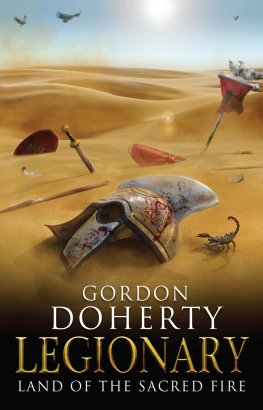
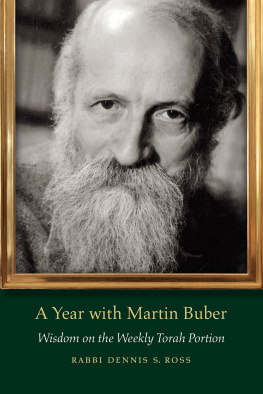
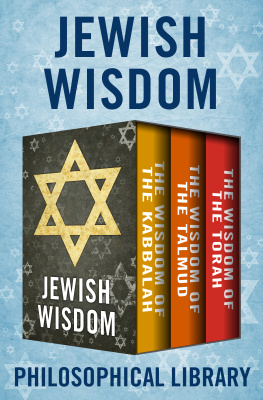
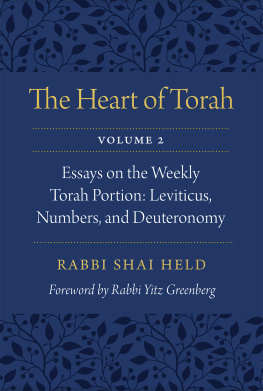
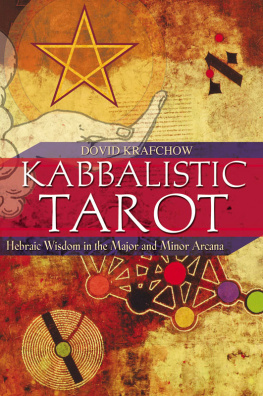
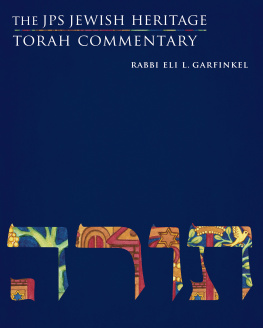
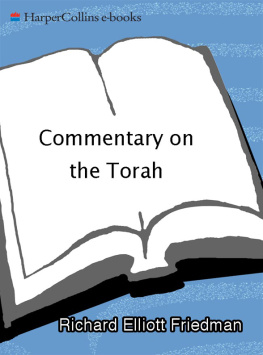
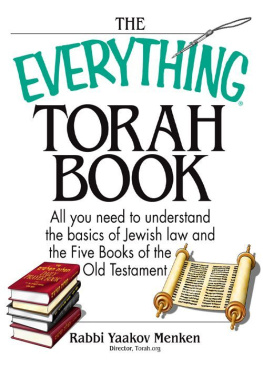

 The paper used in this publication meets the minimum requirements of American National Standard for Information SciencesPermanence of Paper for Printed Library Materials, ANSI/NISO Z39.48-1992.
The paper used in this publication meets the minimum requirements of American National Standard for Information SciencesPermanence of Paper for Printed Library Materials, ANSI/NISO Z39.48-1992.